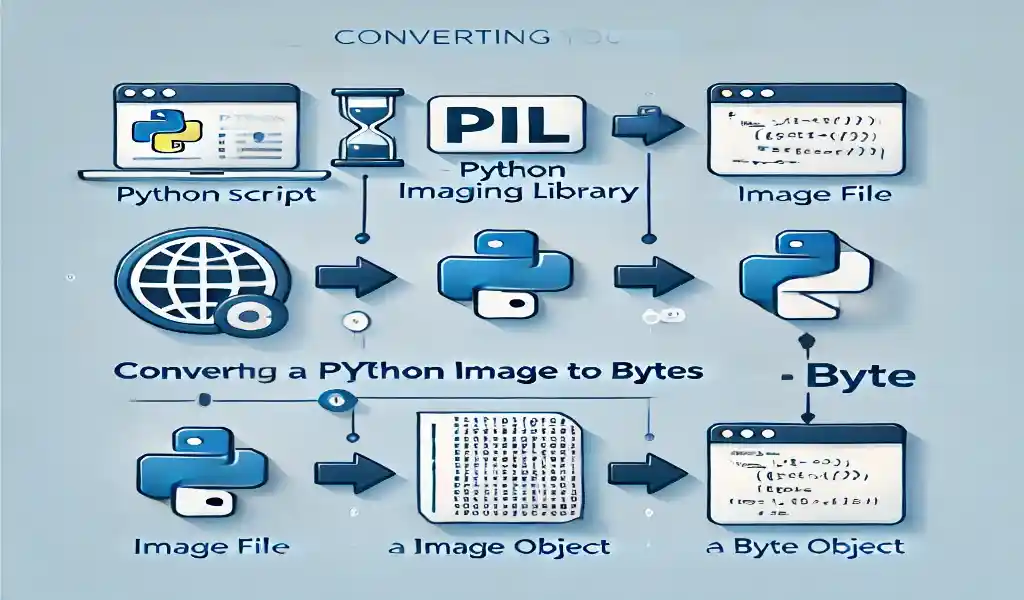Java is an incredibly versatile and well-known programming language which is now a fundamental part of contemporary software development. Since its beginning around the mid-1990s Java has grown significantly to become an essential instrument for creating powerful, high-performance apps across different platforms. Let’s take a look at the basics of what Java is, as well as its most important features as well as the platforms that can support it.
Definition of Java
Java is an advanced program that was developed by Sun Microsystems (now owned by Oracle Corporation). It is designed to be platform-independent, allowing developers to write code once and run it anywhere. This is possible because of Java’s distinctive architecture that incorporates Java’s Java Virtual Machine (JVM) which executes Java bytes on any device.
Characteristics of Java
- Platform Independence One of the most important features in Java is its independence from platforms. Java apps are built into bytes, which run on any device with an JVM. Its “write once, run anywhere” ability ensures Java applications are scalable and adaptable to a variety of operating platforms.
- Object-Oriented Java uses an object-oriented program (OOP) method of programming that arranges the design of software around objects, or data instead of functions or logic. This method promotes modularity, reuse, and the ability to maintain the code.
- Secure and Robust: Java offers strong memory management, handling of exceptions and typing techniques that enhance its durability. Security features of Java include Java Sandbox, a security environment that blocks the execution of code that could be harmful.
- Multithreading Java allows multithreading which allows diverse threads to operate in parallel within the same application. This is essential in developing programs that demand concurrent operations, like interactive user interfaces, or real-time processing of data.
- Automatic Garbage collection: Java handles memory by using automatic garbage collection. It aids in efficient allocation and distribution of memory. This reduces the chance of leaks in memory and improves the overall efficiency.
- Rich API Java offers a extensive set of libraries and APIs to support various functions, like networking, file I/O connection to databases, as well as GUI (GUI) for development. The extensive library support speeds up growth and enhances the functionality of Java.
- High Performance Java applications are benefited by using the Just-In-Time (JIT) compiler that transforms bytecodes into native machine code when running. This improves the performance of Java applications by optimizing their execution speed.
Java Platforms
Java is a platform that runs on several different platforms, each with an individual purpose. The primary Java platforms are:
- Java Standard Edition (Java SE): Java SE is the primary platform that offers the essential capabilities needed to develop and operating Java applications. It comprises an application called the Java Development Kit (JDK) as well as JRE, also known as the Java Runtime Environment (JRE) together with the necessary libraries and the tools.
- Java Enterprise Edition (Java Enterprise Edition): Java EE expands Java SE by adding libraries as well as APIs that allow the creation of enterprise-level applications. It incorporates technologies like Servlets, JavaServer Pages (JSP) as well as Enterprise JavaBeans (EJB), which are vital to develop large-scale, distributed, as well as secure apps.
- Java Micro Edition (Java ME): Java ME is specifically designed to create applications that run on embedded or mobile devices that have only a few resources. Java ME offers a selection of Java SE features tailored for smaller devices like tablets, mobile phones as well as embedded devices.
- JavaFX: JavaFX is a platform to create rich internet-based applications (RIAs) featuring high-end user interfaces. It offers a strong framework to build visually attractive as well as interactive applications. It also includes graphics and multimedia support.
Conclusion
The robust Java features and its plethora of platforms have made it a preferred option for software developers in a variety of areas. The independence of its platforms, the objects-oriented methodology, and vast libraries ensure its continued importance in the software development world. When you’re creating mobile applications, enterprise-level solutions as well as interactive user interfaces, Java provides a reliable and flexible base for your project.



